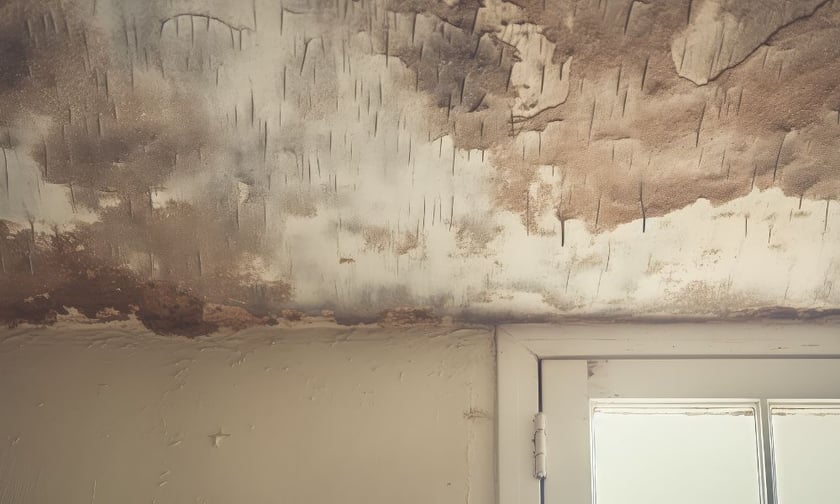

A federal appeals court has ruled that Phoenix Insurance Company wrongfully denied its duty to defend Wehr Constructors, Inc., in a dispute stemming from mold and construction defects at a Kentucky hospital.
The Sixth Circuit Court of Appeals issued its decision on April 18, reversing a lower court’s finding that the commercial general liability (CGL) policy held by Wehr did not apply. The ruling breathes new life into Wehr’s claim for defense costs and highlights the continuing uncertainty in Kentucky law over insurance coverage for construction-related property damage.
The case centers on a failed construction project at St. Claire Medical Center in Morehead, Kentucky. Wehr had been hired in 2016 to build a new Medical Services Pavilion attached to the main hospital facility. But by early 2019, St. Claire had terminated the contract, citing extensive delays, failure to manage subcontractors, and serious defects that allegedly led to mold spreading through the building.
St. Claire did not sue Wehr directly. Instead, it filed suit against Travelers Casualty and Surety Company of America, which had issued a performance bond guaranteeing Wehr’s work. Travelers then moved to add Wehr to the lawsuit - not to accuse it of wrongdoing, but because its performance was central to determining Travelers’ obligations under the bond.
Wehr, now a party to the litigation, asked Phoenix and two other insurers to provide a defense. Phoenix declined, arguing that it only had to defend lawsuits where the contractor was directly sued. It also argued that construction defects aren’t covered because they don’t qualify as “accidents” under the policy.
The Sixth Circuit rejected both claims.
Writing for the court, Judge Ronald Lee Gilman found that even if Wehr wasn’t sued directly, the allegations in the St. Claire case centered on its conduct, and any resulting liability could still flow back to it. That was enough, the court held, to trigger Phoenix’s duty to defend. Kentucky law, the opinion noted, requires insurers to step in when there’s even a possibility that damages might fall under the policy.
The judges also addressed whether the kind of property damage alleged - mold and condensation affecting parts of the hospital not touched by the new construction - might be covered. The court found that while Kentucky’s high court has not fully adopted what’s known as the “general rule” (that damage to property outside the scope of faulty work may be covered), the allegations at least opened the door to that possibility. And that, the panel said, was sufficient to activate Phoenix’s defense obligations.
The decision didn’t go as well for Wehr when it came to its professional liability policy from St. Paul Surplus Lines Insurance Company. That policy only applied if Wehr had specifically agreed to act as a construction manager - a distinct role from general contractor. Because Wehr had not taken on that designation in its agreement with St. Claire, the court upheld the insurer’s refusal to provide a defense.
The third insurer, Travelers Property Casualty Company of America, issued an umbrella policy that largely followed Phoenix’s. While the district court suggested that it too had no duty to defend, the appeals court vacated that conclusion. Given its different position as an excess carrier, the panel sent the issue back to the lower court for further review.
Though the appeal was technical in nature, the broader implications are significant for both insurers and policyholders in the construction industry. The ruling underscores how even an indirect role in litigation can activate an insurer’s duty to defend - especially when large performance bond liabilities are in play.
The case is Phoenix Insurance Company, et al. v. Wehr Constructors, Inc., No. 24-5325, in the U.S. Court of Appeals for the Sixth Circuit.
